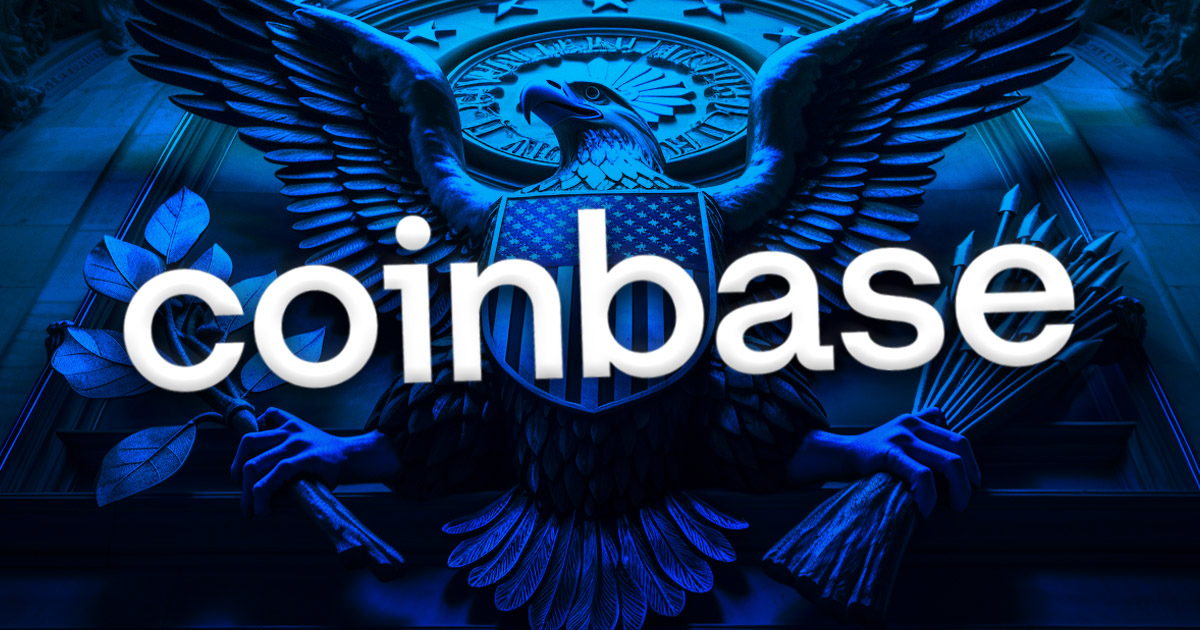The Evolution of Early Access Games on Steam
Early Access was once a unique concept, providing a select group of Steam PC games the opportunity to engage passionate fans in pre-alpha play-testing and feedback. In recent years, the landscape has shifted, with numerous games launching in different stages of Early Access, each at varying levels of completion. This shift has had a significant impact on the gaming industry, particularly for titles like Baldur’s Gate 3, which flourished through years of Early Access development.
The Rise of Advanced Access and Its Impact
Building on the concept of Early Access, major publishers now offer Advanced Access for complete games, often bundled with “Deluxe Editions” and similar packages. While this model has provided a unique opportunity for gamers, it has also led to challenges, particularly in managing refunds and player expectations.
One issue that has emerged is the potential for abuse by players seeking to enjoy games for free. Previously, gamers could play a title extensively and still request a refund within the standard two-hour playtime window, up to 14 days after the game’s official release. Recognizing this loophole, Valve recently implemented changes to its refund policy to address this issue effectively.
Revised Refund Policy and Its Implications
The updated policy now considers playtime accumulated during the Advanced Access phase when determining eligibility for refunds. This means that if a player has logged more than two hours of gameplay at any stage of the game’s development, they are no longer eligible for a refund. This adjustment closes a significant loophole that allowed players to exploit Early and Advanced Access for free gaming experiences.
While this change represents a step in the right direction, it does not come without challenges for developers and cautious buyers. For game developers, Steam refunds can pose difficulties, particularly for smaller studios. The two-hour playtime limit, while informative for players, may not always provide a full picture of a game’s quality or content, especially during the Early Access phase.
Some games enter Early Access in rough states, with features that may change or be removed entirely. Additionally, certain titles front-load their content, making the initial experience more appealing than the later stages. Indie developers, in particular, may create games intended for shorter play sessions, making the two-hour limit restrictive for certain projects.
Despite the complexities surrounding Steam refunds, the platform’s efforts to streamline its policies represent a positive shift towards a more consistent and transparent system. While challenges remain, the focus on balancing player experience with developer interests is crucial for the continued growth and sustainability of the gaming industry.
Image/Photo credit: source url





